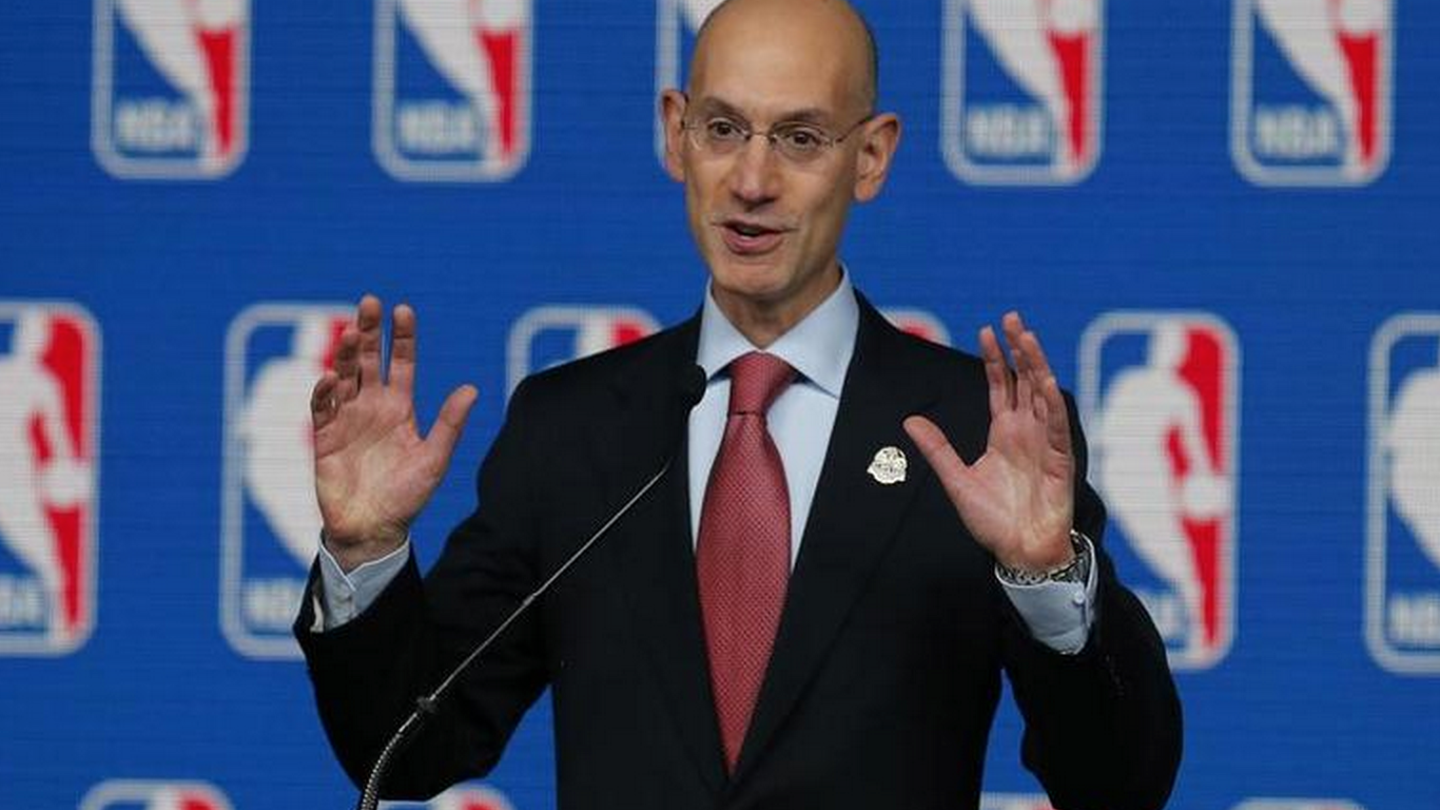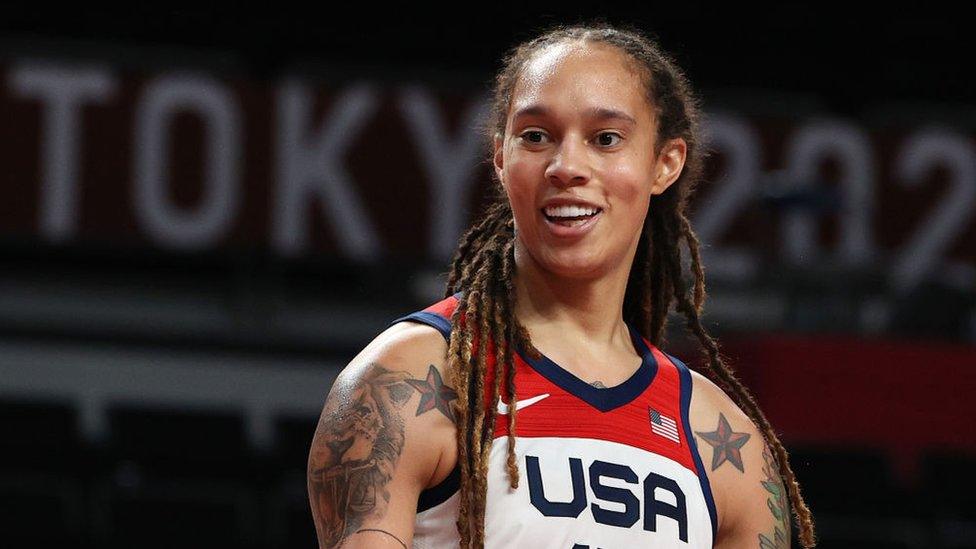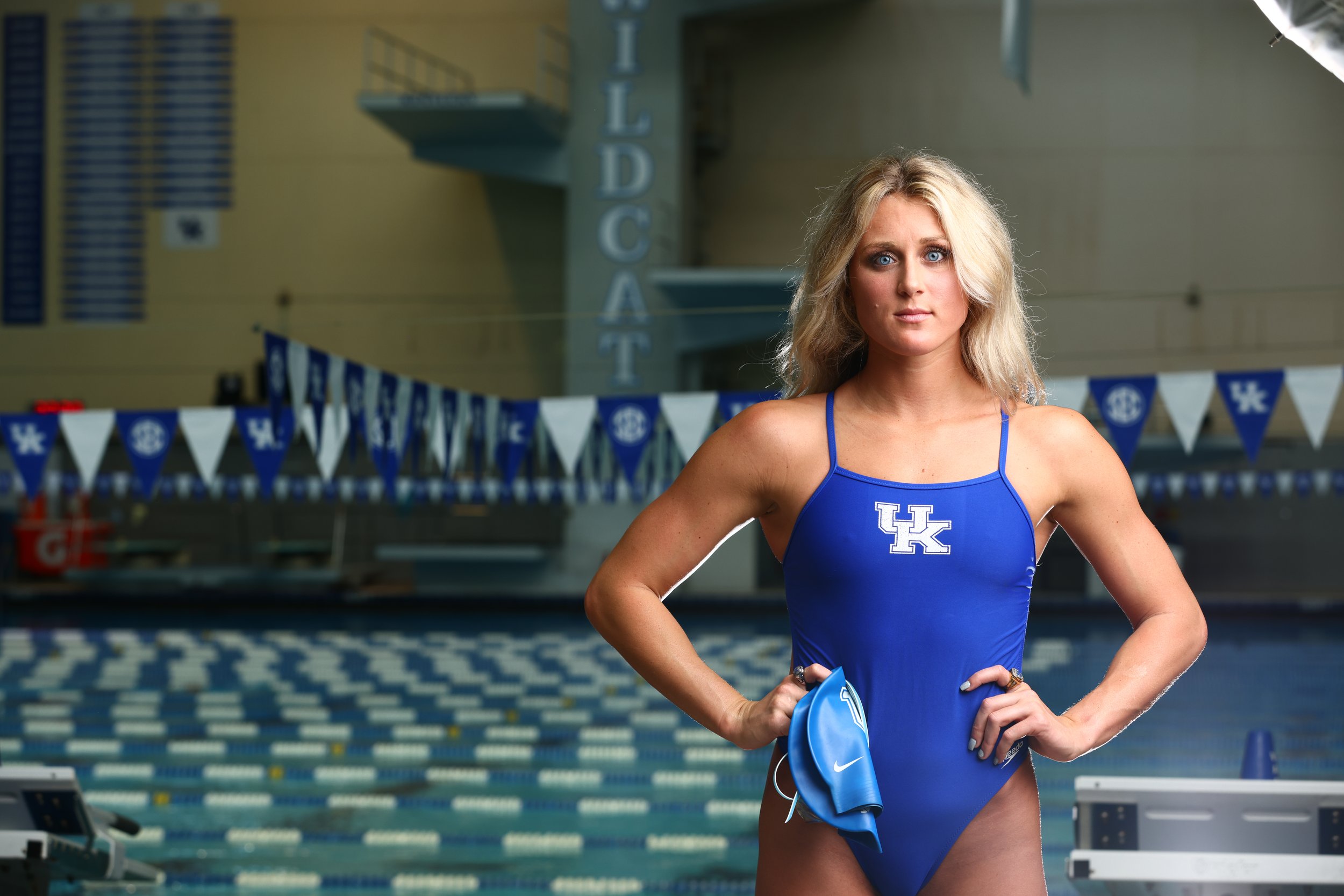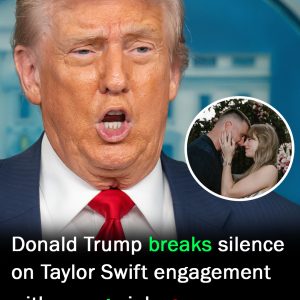In the world of professional sports, controversy is never far from the headlines. But a recent storm engulfing the Women’s National Basketball Association (WNBA) has little to do with what happens on the court.
Instead, it revolves around a series of allegedly leaked internal emails that suggest a coordinated, years-long effort by the league to control the narrative surrounding one of its most prominent figures, Brittney Griner. An anonymous source has brought forth documents that paint a startling picture of a league-wide gag order, enforced with the threat of severe professional consequences.
The saga ignited when a whistleblower, claiming to have access to sensitive WNBA communications, released documents that have since spread like wildfire across the internet.
These emails, said to originate as far back as 2019, allegedly detail a strict and uncompromising policy: under no circumstances were players, coaches, or team personnel to engage with or even acknowledge public discourse related to Brittney Griner’s gender. The directive was blunt and left no room for interpretation.

One of the most damning emails, purportedly from a high-ranking WNBA communications executive to team public relations managers, laid out the rules of engagement. “Do not engage in or acknowledge any public speculation regarding player gender identity,” the message allegedly reads. “All violations will result in disciplinary review.” This wasn’t merely a suggestion; it was a mandate. The communication reportedly included a set of pre-approved talking points designed to deflect and redirect any media inquiries that strayed into what the league deemed personal territory. The goal was clear: maintain a unified front of silence and control the flow of all information.
According to the whistleblower, the threats backing this policy were substantial. Players and staff were warned that any failure to comply could lead to hefty fines, suspensions from play, or, in the most extreme cases, termination of their contracts. The message was that speaking on this one topic was considered “conduct detrimental to the league”—a phrase that carries immense weight in professional sports contracts. This created what the source described as an environment of pervasive fear, where careers hung in the balance over a single misspoken word.

The whistleblower’s account goes beyond digital communications. They allege that the league convened a confidential, leaguewide player meeting in late 2019. In this private setting, the athletes themselves were directly briefed on the policy. The instructions were allegedly explicit: any discussion of Griner’s gender—whether in media interviews, on personal social media accounts, or even in the presumed privacy of the locker room—was strictly off-limits.
“They made it clear,” the whistleblower stated in a message accompanying the leak. “You don’t talk about it. Not publicly, not privately. If the media asks, you change the subject. If a teammate brings it up, you walk away. It was like living under a speech ban.” This claim, if true, depicts a startling level of control exerted by a professional sports league over its athletes’ personal expression.
This explosive leak did not occur in a vacuum. It surfaced just days after Olympic swimmer Riley Gaines, a vocal critic on issues of gender in sports, publicly accused the WNBA of hypocrisy. Gaines claimed the league was deliberately hiding information from its fanbase and protecting Griner with a double standard not applied to other athletes. Her comments quickly went viral, racking up millions of views and stoking an already heated debate. The subsequent timing of the email leak has led many to question whether Gaines’ accusations were more rooted in fact than the WNBA was comfortable admitting.
As the documents circulated, the WNBA’s response has been a conspicuous silence. The league has neither confirmed nor denied the authenticity of the leaked emails. However, in the fast-paced court of public opinion, this silence has been interpreted by many as telling. It has created an information vacuum that is being filled with rampant speculation and debate. The hashtag #GrinerGagOrder began trending on social media platforms, with fans demanding transparency and journalists calling for a thorough, independent investigation into the allegations.
The public reaction has been intensely polarized. On one side, loyal supporters of the WNBA and its players argue that this is a manufactured controversy. They see it as a calculated smear campaign orchestrated by critics to undermine women’s basketball and discredit one of its stars. They contend that the league was likely acting to protect a player’s privacy, a move they see as responsible rather than sinister.
On the other side, a growing number of people believe this could be one of the most significant cover-ups in the history of women’s sports. For them, the alleged gag order represents a profound betrayal of trust between the league, its players, and its fans. They argue it’s an issue of free speech and transparency, questioning what right a league has to muzzle its athletes on important social topics.
The whistleblower’s claims are further substantiated by what appear to be private messages from players caught in the middle. One message, allegedly written by a veteran player and obtained alongside the emails, reveals a deep sense of conflict and frustration. “We’ve been told to protect the brand no matter what,” the player purportedly wrote. “Some of us don’t even know what’s true anymore. We just know we can’t say a word about BG or risk losing everything.” This message provides a humanizing glimpse into the immense pressure players were allegedly under, torn between personal conviction, loyalty to a teammate, and the very real fear of losing their livelihood.
Should these allegations be verified, the WNBA could face a crisis of unprecedented proportions. The fallout would extend far beyond public relations. Legal experts have already begun to weigh in, suggesting the league could face serious challenges regarding workplace free speech, potential violations of employment law, and even discrimination claims. If players were systematically threatened for discussing a specific topic, it could open the door to lawsuits that challenge the fundamental power dynamic between leagues and athletes.
The controversy forces a difficult conversation about the boundaries of control in professional sports. Where does a league’s interest in protecting its “brand” end and a player’s right to free expression begin? In an era where athletes are increasingly celebrated for their activism and for using their platforms to speak on social issues, a policy of enforced silence seems jarringly out of step.
For now, the WNBA is in a precarious position. Every day that passes without a definitive statement allows the narrative to be shaped by whistleblowers and online commentators. The story is far from over. Rumors are swirling that more leaks are imminent, promising further revelations that could either substantiate or debunk the current claims. What happens next could not only redefine the public image of the WNBA but also set a powerful precedent for athlete rights and league authority across the entire professional sports landscape. The world is watching, waiting for the next explosive chapter in this rapidly unfolding saga.






